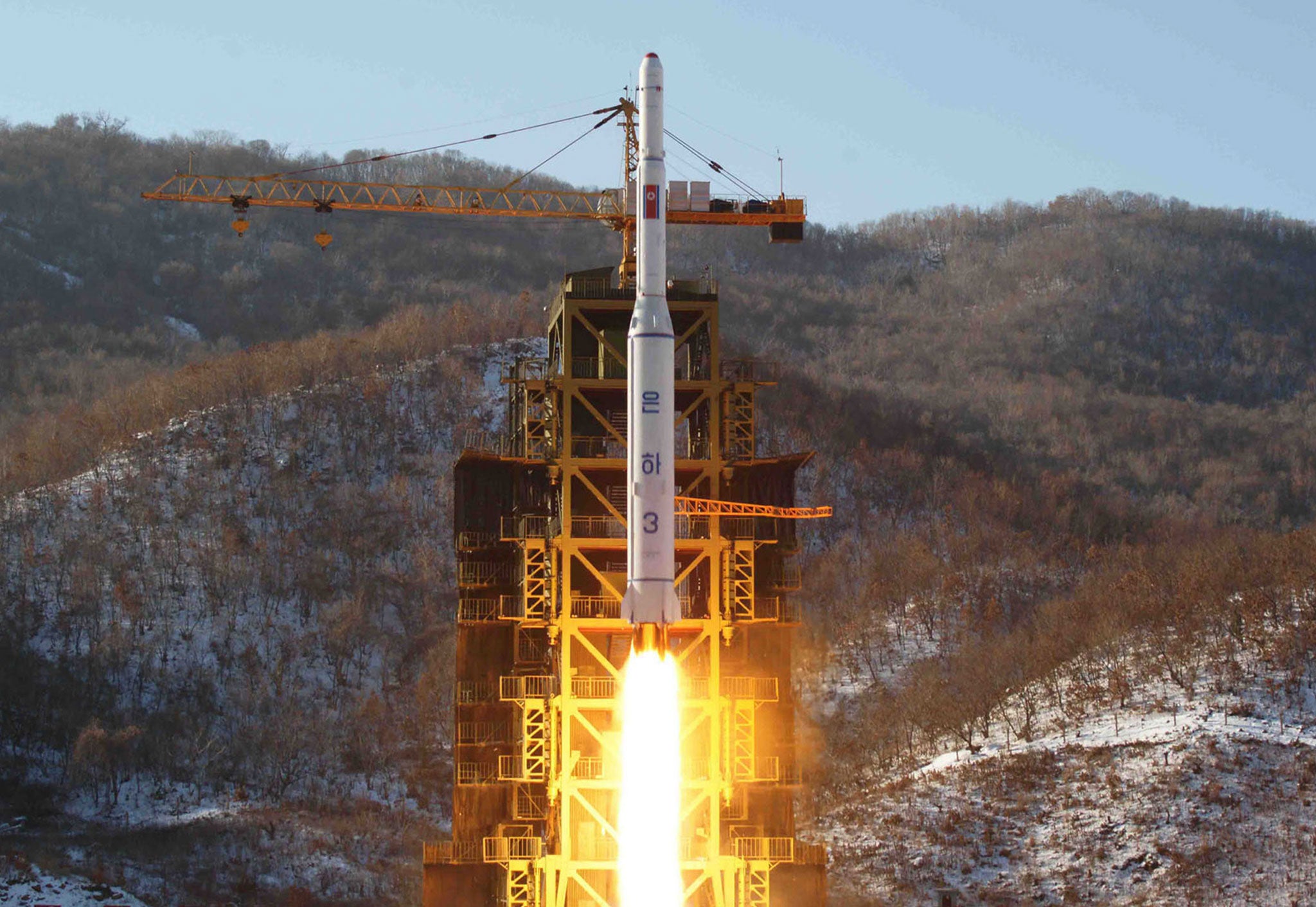Still friends, but China will be peeved by North Korea's aggression
China is not helping its neighbour for altruistic reasons

Your support helps us to tell the story
From reproductive rights to climate change to Big Tech, The Independent is on the ground when the story is developing. Whether it's investigating the financials of Elon Musk's pro-Trump PAC or producing our latest documentary, 'The A Word', which shines a light on the American women fighting for reproductive rights, we know how important it is to parse out the facts from the messaging.
At such a critical moment in US history, we need reporters on the ground. Your donation allows us to keep sending journalists to speak to both sides of the story.
The Independent is trusted by Americans across the entire political spectrum. And unlike many other quality news outlets, we choose not to lock Americans out of our reporting and analysis with paywalls. We believe quality journalism should be available to everyone, paid for by those who can afford it.
Your support makes all the difference.It’s not the end of the road for China-North Korea relations just yet, but it’s clear there is considerable frustration and indeed disappointment in Beijing over Pyongyang’s recent behaviour.
China has been North Korea’s best – and sometimes only – friend for a number of years. It provides not just economic aid and support but diplomatic protection too. It’s not easy to see how the North Korean economy could survive without the food, energy and other goods it gets from China. And although China has not blocked UN sanctions against North Korea over its nuclear testing, without China, North Korea would undoubtedly have faced much harsher sanctions; and they would have been more rigorously and actively enforced.
China doesn’t do this out of altruism – it wants something in return. There remains the firm hope in China that North Korea will emulate its own experience of gradual reform and integration into the global economy. If and when it does, Chinese interests hope to be well placed to benefit.
But that is for the future. For the time being, security and strategic interests are more important. On a very basic level, a war on the peninsula is not an appealing prospect. Neither is the possibility of external powers (in this case shorthand for the US) extending their influence through intervention of whatever kind on China’s borders. On a less tangible level, North Korea has a role to play in establishing China’s credentials as a global power.
What this means, of course, is that North Korea needs to play ball. Given the nature of the political regime, stopping the North from doing or saying anything that upsets South Korea is probably too much to ask. But the minimum price for Chinese support is not doing things that antagonise the US. Like, for example, undertaking nuclear tests.
Every time the North Koreans defy the international community and undertake a test, it looks like a failure of Chinese foreign policy.
China has tried to encourage restraint by getting North Korea to do things its way (rather than the West’s), and it hasn’t worked. It’s no surprise that this plays very badly in Beijing, and there is now a real and active debate over whether it’s time to change tack. Totally abandoning North Korea is unlikely. But it might well be time for Pyongyang to realise there is no such thing as a free lunch, and China wants to be paid.
Professor Shaun Breslin is Associate Fellow of the Chatham House Asia Programme and Professor of Politics and International Studies at Warwick University.
Join our commenting forum
Join thought-provoking conversations, follow other Independent readers and see their replies
Comments